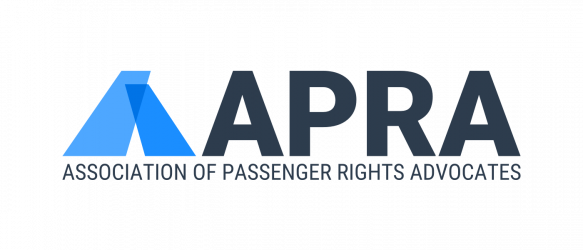Passenger Rights Regulation EC 261 Highly Effective in Reducing Flight Delays, College of Europe Research Shows
On 29 October, as a part of its series of policy briefs[1], the College of Europe University published a concise paper entitled Consumer Rights Improve Service Quality: Evidence from EU Air Passenger Rights. Authored by Dr. Hinnerk Gnutzmann and Dr. Piotr Spiewanowski, the paper eloquently provides evidence that the Regulation works, and it works well.
Passenger rights are one important part of the EU’s overall objective to offer consumers maximum protection, which is laid down in Art. 169 of the Treaty on the Functioning of the European Union (TFEU). The authors of the paper published yesterday prove that the Regulation “has not only strengthened the protections of passengers on severely delayed or cancelled flights (insurance component), but also increased the reliability of EU airlines across the board (service quality component)”[2].
The paper furthermore shows that European air passenger rights are remarkably strong compared to other parts of the world. In all other countries, policies put less emphasis on the consumer and the insurance component is not present. This results in little to no positive impact on delays.
Awareness of EC 261 amongst passengers is crucial, the paper argues. Claim agencies play an important part in the enforcement element of the Regulation. The authors explain that “agencies charge a contingency fee to distressed passengers and credibly threaten to sue airlines in case of non-compliance. Overall, significant improvements have been achieved in this dimension without regulatory changes”. The compensation amounts laid down in Regulation EC 261 make it possible for claim agencies to help passengers. “This suggests that, as long as compensation amounts are not reduced substantially, priorities for passenger rights reform should be placed elsewhere”.
The study concludes that the EC 261 Regulation is “highly effective in reducing flight delays”. By placing financial incentives on airlines to do better, delays are effectively reduced.
APRA fully supports these findings, which are mirrored by our own data.
ENDS.
[1] A College of Europe Policy Brief (CEPOB) is a short paper dealing with a topical policy challenge related to European Union affairs. It starts from the analysis of this challenge and provides scientific insights as evidence base for policy choices regarding the future handling of the challenge. https://www.coleurope.eu/page-ref/cepob-college-europe-policy-brief-series
[2] Gnutzmann and Spiewandowski, CEBOP # 13 – October 2018
